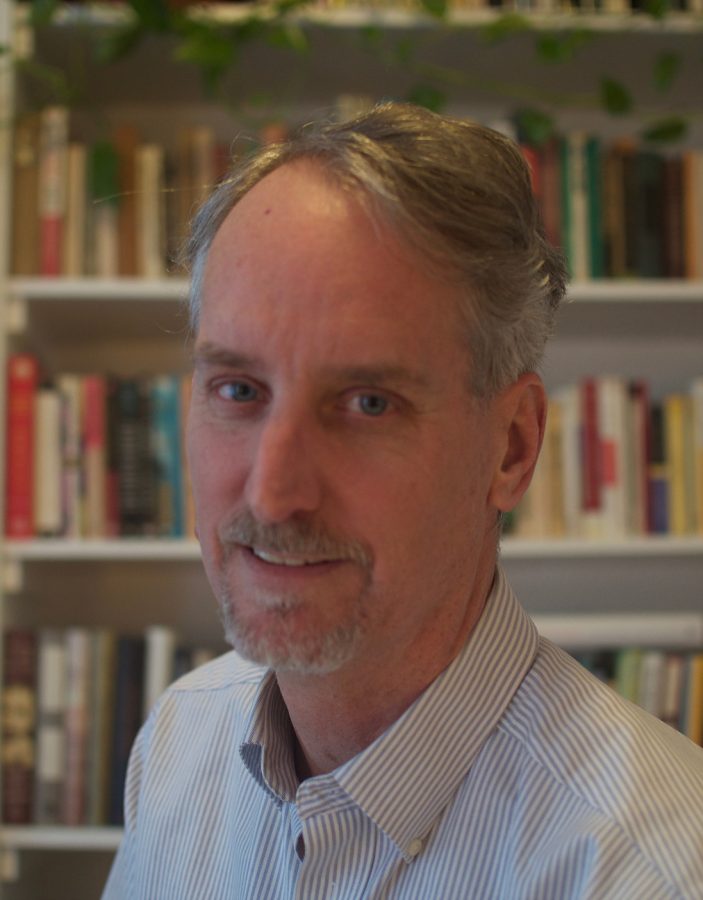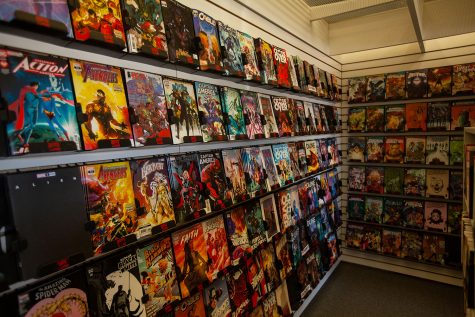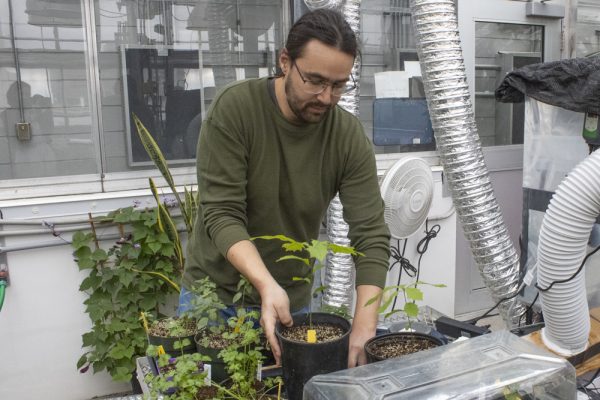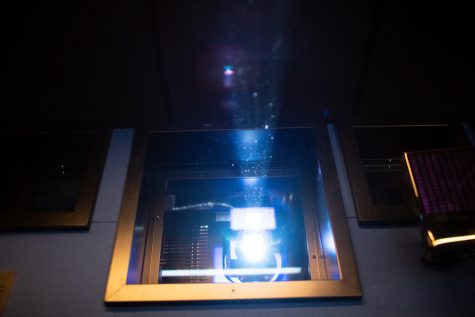A new page on sustainable development, the Green Revolution, and globalization
Prairie Lights welcomes author Timothy Wise to read from his book, “Eating Tomorrow: Agribusiness, Family Farmers, and the Battle for the Future of Food”.
March 28, 2019
After 20 years of research around the world, Timothy Wise, senior researcher and director of the Land and Food Rights Program at the Small Planet Institute, decided to write a book that argues against large-scale farming and advocates for small, sustainable farms in Africa, whose methods have seldom been supported by the government.
Wise will read from his book Eating Tomorrow: Agribusiness, Family Farmers, and the Battle for the Future of Food, at Prairie Lights at 4 p.m. March 31.
Half of Eating Tomorrow covers two issues in Africa: the failing of the Green Revolution and land grabbing.
“The Green Revolution has marginalized small-scale farmers,” Wise said. “I’ve focused on the country of Malawi. They’ve been doing all different kinds of ecological farming, but why isn’t the government supporting this? From my own research, small-scale farmers are the hungriest people in the world. Why do we keep getting this so wrong? Why are we ignoring low-cost solutions?”
Land grabbing attempts to modernize farming by taking away local farmland and making it available to foreign investors.
“It’s displaced many people,” Wise said. “But there’s been a lot of fighting back against the land grabs.”
He believes that globalization has gone too far, along with the Green Revolution.
“We’re putting multinational corporations over small-scale producers,” he said. “This could go for family farmers in Iowa, too.”
Wise believes that Iowa’s agriculture is not sustainable because “monocultures are not conducive to long term ecosystem health.” Soil erosion, water pollution, and factory farming are some of the primary concerns of Iowa agriculture for him.
“All the good soil will be gone if Iowa doesn’t pay attention to soil conservation,” he said. “Many people have proposed that grazing more cattle would help diversify the landscape and get beyond growing just corn and soybeans.”
The author has also held a few discussions with ecologists at Iowa State in hopes of finding a solution to what he foresees as Iowa’s agricultural future.
“It’s not like corn and soybeans would be completely abandoned,” Wise said. “There would be a rotation, which could reduce agricultural runoff and improve soil quality.”
With Eating Tomorrow, he aims to help others understand the severity of the situation with one of humanity’s physiological needs: food.
“We write books because we’re passionate about issues,” Wise said. “It’s trying to make sense of a complicated world and talking to people about it.”















